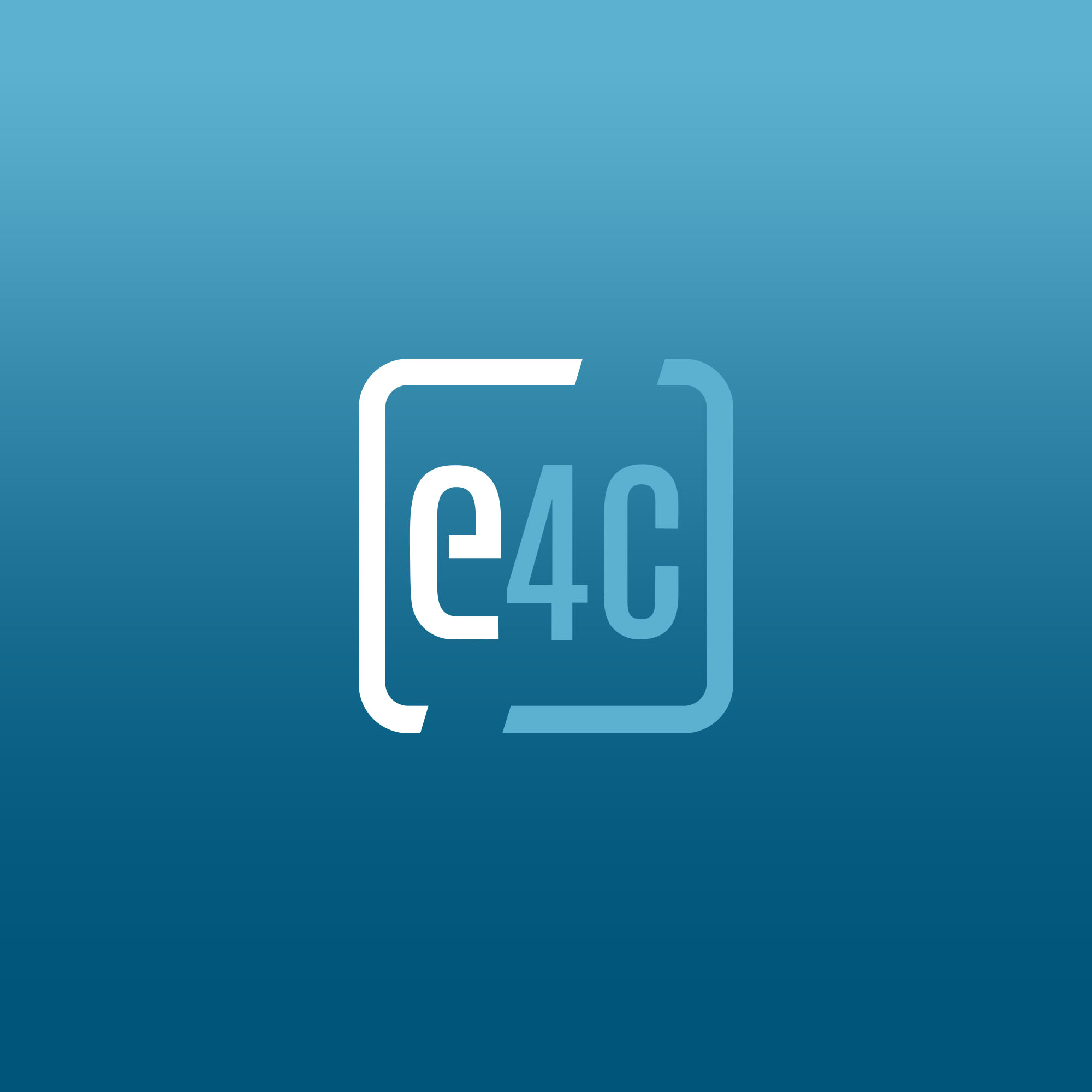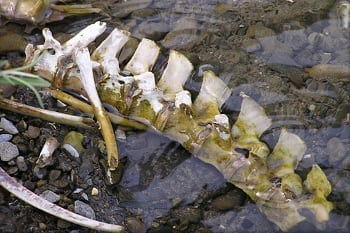High in the mountains of El Salvador in Central America there is a village called Solemán. This outcropping of only 20 houses is small, but it offers a profound example of the technical humanitarian challenges of the future.
The residents of Solemán teamed together under the guidance of a volunteer with funding from a US non-profit foundation to raise money and labor to bring water to their homes. The members of the “water board” developed a fee structure and labor schedule for each household to contribute what they could to the project. Since there are no natural springs or bodies of water near the top of their ridgeline, the system pumps water up from the surrounding lowlands to fill a large tank located at the village’s highest point, in one family’s backyard. From there the residents laid pipes beneath the crumbling dirt road to carry running water to faucet taps in each house in the village.
At night, when electricity is cheapest, Solemán runs the pump until the tank is full. Each morning at 6:00 a.m. someone opens the valves to allow water to flow to each household’s faucet tap. Invariably the tank is empty by 6:30 a.m. At first I was surprised to see that these families consumed thousands of gallons of water in only 30 minutes, but then I was told that most households don’t use their share of the water even over the course of 48 hours. It’s just that no one had ever turned off their faucet.
Design professionals are presented with the unique opportunity to pursue truly shared accessibility to the technology of tomorrow.
Each family’s faucet pours their morning water supply into a pila. When I asked one woman in Solemán, Mama Hilda, why she never closed her water faucet, she replied that the neighbors would not close theirs, so her family would be the only one without water. Without any assurance of the neighbors’ behavior, no household dared to shut off its faucet. Regardless of the sophistication of their water distribution system, these people had each chosen to forego the benefits of running water simply out of mutual distrust.
I visited Solemán in May 2006 with a team of Engineers Without Borders-USA as we surveyed the land to prepare for the design of an analogous system in the village of Mariñon. This story and the image of an open faucet is so vivid to me, because I believe it is emblematic of the challenges to be faced in the fight against poverty around the world.
The spirit of the village of Solemán, that they rallied together to build the tank and lay the pipe side-by-side with neighbors, gives me so much hope. However, their urge to stockpile the water rather than share it reminds me that collectively, we still have a long way to go. The technical know-how for a brighter and more peaceful future is available today. So much of the injustice and strife in our world is only a matter of inadequate distribution. Whether the problem is wealth versus poverty, surrounded versus lonely, oppressor versus oppressed, obesity versus hunger, farmstead versus slum… all stem from a tendency to accumulate rather than distribute.
Sustainability does not demand slamming on the brakes of prosperity and embracing a life of scarcity and noble discomfort. Instead, it invites us to re-align the cycles and systems of society to more fully recognize the abundance all around us
As the movement to develop “appropriate technology” gathers momentum in the developing world, what challenges does it pose to engineers and designers in the United States and other developed regions? Perhaps the citizens of post-industrial economies have a lot to learn from a tiny ridgeline community in El Salvador. We consume more than we can possibly put to use.
We shouldn’t be afraid to turn off our faucet and leave a little more to go around. Rather than perpetuate today’s seemingly inexorable concentration of know-how, wealth, and high-tech resources, design professionals are presented with the unique opportunity to pursue truly shared accessibility to the technology of tomorrow. This will require a departure from an over-consuming status quo in order to divert yesterday’s waste stream and re-align, restore, and re-purpose today’s abundant renewable, natural resources.
Everywhere we look there is energy without fuel— the sun, wind, tides, rivers, plants, motion, and warmth—priceless, indispensable, free of charge. Sustainability does not demand slamming on the brakes of prosperity and embracing a life of scarcity and noble discomfort. Instead, it invites us to re-align the cycles and systems of society to more fully recognize the abundance all around us—like residents of Solemán closing their own faucet to enable the communal synergistic benefits of running water for the entire community. The future is here—it just isn’t evenly distributed.
Learn More
For more information and to register for an online course taught by the author at Colorado State University, please visit the page Technology and Community-Based Development. Registration Deadline for CSU is January 5, 2014. The course will run five weeks, from January 10 to February 14, 2014. The course is also cross-listed with Duke University.
Frank Bergh is the chair of the Energy SCC, a team of subject matter experts that advises Engineers Without Borders USA on renewable energy, and former president of the Great Lakes Region of EWB-USA. He is also the Director of Engineering Operations at SoCore Energy, a commercial and industrial solar energy developer.
This piece is excerpted from the author’s selection originally published in To Grow New Eyes: Emerging Leaders on the World, a collaboration of 17 contributors over 3 years, published independently in 2012.

